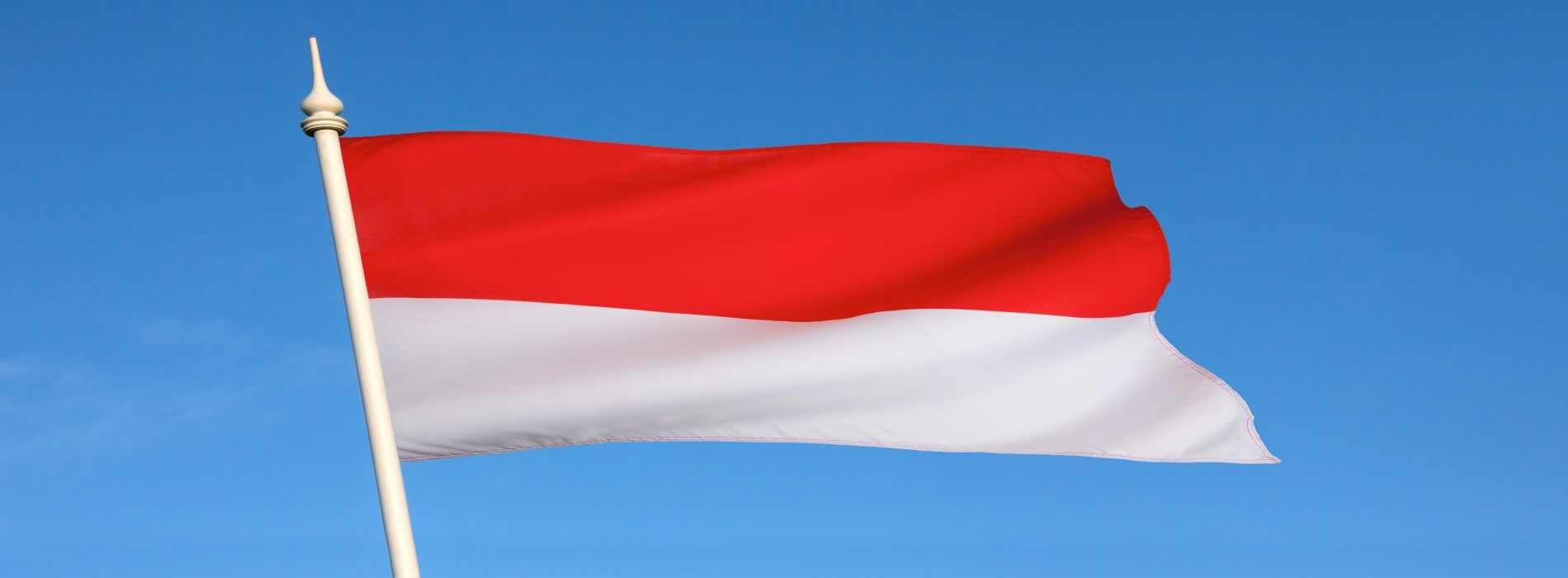Money laundering is a global issue that affects economies and financial systems around the world. Croatia, as a member of the European Union and a country with a growing financial sector, is no exception. To combat money laundering effectively, Croatia has established a robust Anti-Money Laundering (AML) framework. This guide provides an overview of AML in Croatia, including its regulations, key institutions, and steps businesses can take to comply with AML laws.
AML Legislation in Croatia
Croatia has implemented a comprehensive legal framework to combat money laundering and terrorist financing. The primary legal instrument governing AML in Croatia is the Anti-Money Laundering and Terrorist Financing Prevention Act (AML/TF Act). This act aligns with European Union directives and international standards.
Key provisions of the AML/TF Act include:
- Customer Due Diligence (CDD): Financial institutions and designated non-financial businesses must identify and verify the identity of their customers. Enhanced due diligence is required for politically exposed persons (PEPs) and high-risk customers.
- Suspicious Transaction Reporting: Reporting entities must report any suspicious transactions to the Financial Intelligence Unit (FIU) in Croatia. Timely reporting is crucial to identifying and preventing money laundering activities.
- Record Keeping: Reporting entities are required to maintain records of transactions, customer identification, and CDD measures for a specified period.
- Training and Awareness: Businesses must provide AML training to their employees and establish internal procedures and controls to detect and prevent money laundering.
- Sanctions and Penalties: The AML/TF Act outlines severe penalties for non-compliance, including fines and imprisonment for individuals and entities.
Key Institutions in Croatia's AML Framework
Several institutions play pivotal roles in Croatia's AML framework:
- Financial Intelligence Unit (FIU): The FIU is responsible for receiving and analyzing suspicious transaction reports. They also provide financial intelligence to law enforcement agencies and other relevant authorities.
- Croatian National Bank (CNB): As the country's central bank, the CNB supervises banks and financial institutions for AML compliance. They ensure that financial institutions have adequate AML policies and procedures in place.
- Ministry of Finance: The Ministry of Finance oversees AML policies and regulations at the national level and cooperates with international organizations on AML matters.
- Criminal Police Directorate: This law enforcement agency investigates and combats money laundering and related financial crimes.
The Croatian National Bank
The Croatian National Bank's role is the central bank of the Republic of Croatia. Also, The Croatian National Bank is part of the European Central Banks System. The main goal of CNB is to achieve price stability and the stability of the financial system as a whole. The National Bank of Croatia executes monetary policy and supervises the activities of credit institutions, credit unions, payment institutions, and electronic money institutions. Institutions affiliated with the Croatian Central Bank are obliged to ensure Anti-Money Laundering compliance.
Anti-Money Laundering Office
The Anti-Money Laundering Office is Croatia's Financial Intelligence Unit. The Anti-Money Laundering Office was established as an independent and private unit operating under the Croatian Ministry of Finance. The Anti-Money Laundering Office aims to create an effective AML process by regulating AML / CFT regulations according to international standards. Apart from these, AMLO is responsible for the collection, examination, and transmission of AML data to competent government bodies. Banks and other financial institutions are obliged to report suspicious transactions detected. Apart from these, AMLO.
AML Requirements in Croatia
Croatia enacted a new Money Laundering and Terrorism Financing Prevention Act in 2017 to address incompatibilities between existing AML legislation and European Union regulations. We examine the main AML requirements in Croatia under this law in this article. In this article, you can learn about Know Your Customer, Customer Due Diligence, Enhanced Due Diligence, and Reporting of Suspicious Transactions.
AML Compliance Solutions for Croatia
Sanction Scanner is a software solution specializing in AML and CTF compliance. It offers real-time screening against global sanction lists, PEP databases, and adverse media sources. With a comprehensive database covering over 200 countries, it enables businesses to automate AML checks, customize screening criteria, and enhance security, making it a valuable tool for international organizations seeking to mitigate financial risks. You can contact us to get more information about our AML Solutions.





